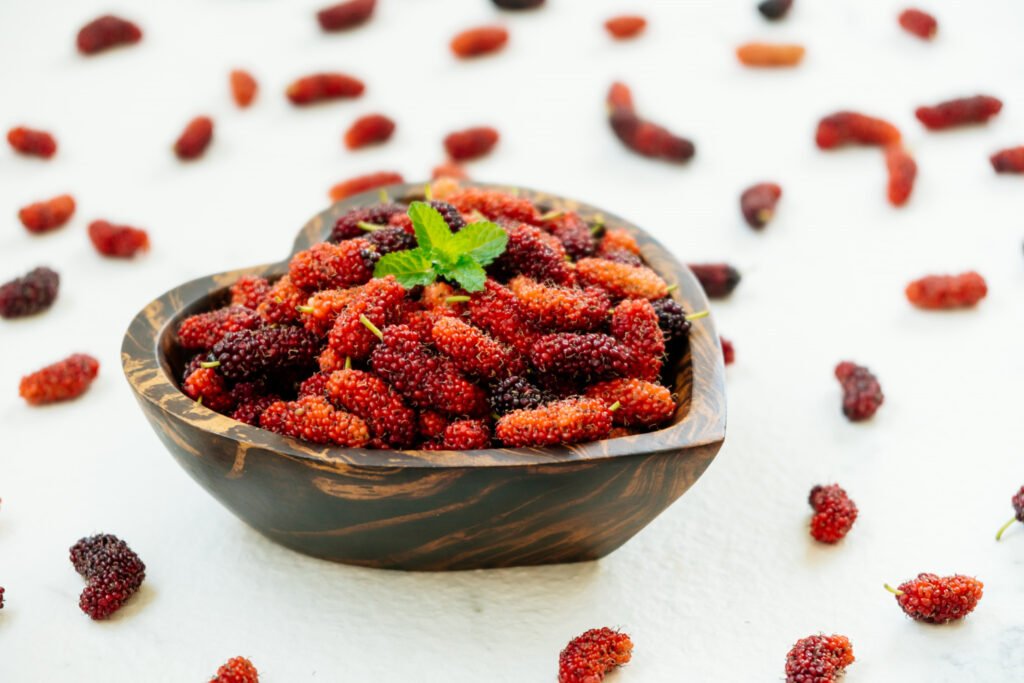In the realm of natural remedies, few substances have garnered as much attention as apple cider vinegar (ACV). This humble kitchen staple has been touted for its potential health benefits, from aiding weight loss to improving digestion. However, one of the most intriguing claims surrounding ACV is its effectiveness when consumed before bed. In this comprehensive guide, we’ll delve into the science behind this popular practice and explore its potential benefits and risks.
What is Apple Cider Vinegar?
Apple cider vinegar is a type of vinegar made from fermented apple juice. It undergoes a two-step fermentation process, first turning the sugars in the apple juice into alcohol, and then into acetic acid, the active compound responsible for many of its health benefits. ACV also contains other beneficial compounds like vitamins, minerals, and antioxidants.
The Benefits of Consuming Apple Cider Vinegar Before Bed.
- Improved Digestion: ACV has been suggested to promote digestion by increasing stomach acid production, which may help break down food more effectively.
- Blood Sugar Regulation: Some studies suggest that ACV may improve insulin sensitivity and lower blood sugar levels, potentially benefiting those with diabetes or insulin resistance.
- Weight Management: Several studies have shown that ACV may help promote feelings of fullness and reduce calorie intake, which could aid weight loss efforts.
- Improved Sleep Quality: While research on this specific claim is limited, some anecdotal evidence suggests that consuming ACV before bed may help improve sleep quality due to its potential blood sugar-regulating effects.
Scientific Evidence.
While many of the purported benefits of ACV are supported by anecdotal evidence and traditional use, scientific research on its effects, especially when consumed before bed, is still limited. However, some studies have provided insight into its potential mechanisms of action. For example, a small study published in the Journal of Diabetes Research found that consuming ACV before meals helped improve postprandial insulin sensitivity in insulin-resistant individuals.(1)
Another study published, reported that vinegar consumption before bed reduced fasting blood sugar levels the following morning in individuals with type 2 diabetes.(2)
Personal Interviews.
To gain further insight into the topic, I had the opportunity to interview Dr. Sarah Lee, a registered dietitian with over 10 years of experience in clinical nutrition. According to Dr. Lee, “While there is some evidence to suggest that apple cider vinegar may offer health benefits, especially in terms of blood sugar regulation and weight management, more research is needed to determine its effectiveness when consumed before bed.”
People Often Ask.
While small amounts of ACV are generally considered safe for most people, consuming large quantities or undiluted vinegar may cause irritation to the throat and stomach. It’s always best to dilute ACV in water before consuming it and to consult with a healthcare professional if you have any concerns.
The optimal dosage of ACV varies depending on individual factors such as age, weight, and overall health. It’s generally recommended to start with small amounts, such as 1-2 tablespoons diluted in water, and to monitor your body’s response.
While some studies suggest that ACV may aid weight loss by promoting feelings of fullness and reducing calorie intake, there is limited research specifically on its effects when consumed before bed. More studies are needed to determine its efficacy in this context.
Final Thought.
While the practice of consuming apple cider vinegar before bed has gained popularity for its potential health benefits, scientific evidence supporting its efficacy in this specific context is still limited. However, preliminary research suggests that ACV may offer various health benefits, including improved digestion, blood sugar regulation, and weight management. As with any dietary supplement, it’s essential to use caution and moderation, and to consult with a healthcare professional before making any significant changes to your diet or lifestyle.
+2 Sources
FitMeMore has strict sourcing guidelines and relies on peer-reviewed studies, educational research institutes, and medical organizations. We avoid using tertiary references. You can learn more about how we ensure our content is accurate and up-to-date by reading our editorial policy.
- Vinegar Consumption Increases Insulin-Stimulated Glucose Uptake by the Forearm Muscle in Humans with Type 2 Diabetes; https://pmc.ncbi.nlm.nih.gov/articles/PMC4438142/
- Vinegar ingestion at bedtime moderates waking glucose concentrations in adults with well-controlled type 2 diabetes; https://pubmed.ncbi.nlm.nih.gov/17712024/
How we reviewed this article:
Our team of experts is always monitoring the health and wellness field, ensuring that our articles are updated promptly as new information emerges. See Our Editorial Process
May 30, 2025
Written By: Nebadita
Reviewed By: Corissa S.
Written By: Nebadita
Reviewed By: Corissa S.

 Workout
Workout
 Meditation
Meditation





 Contact Us
Contact Us












